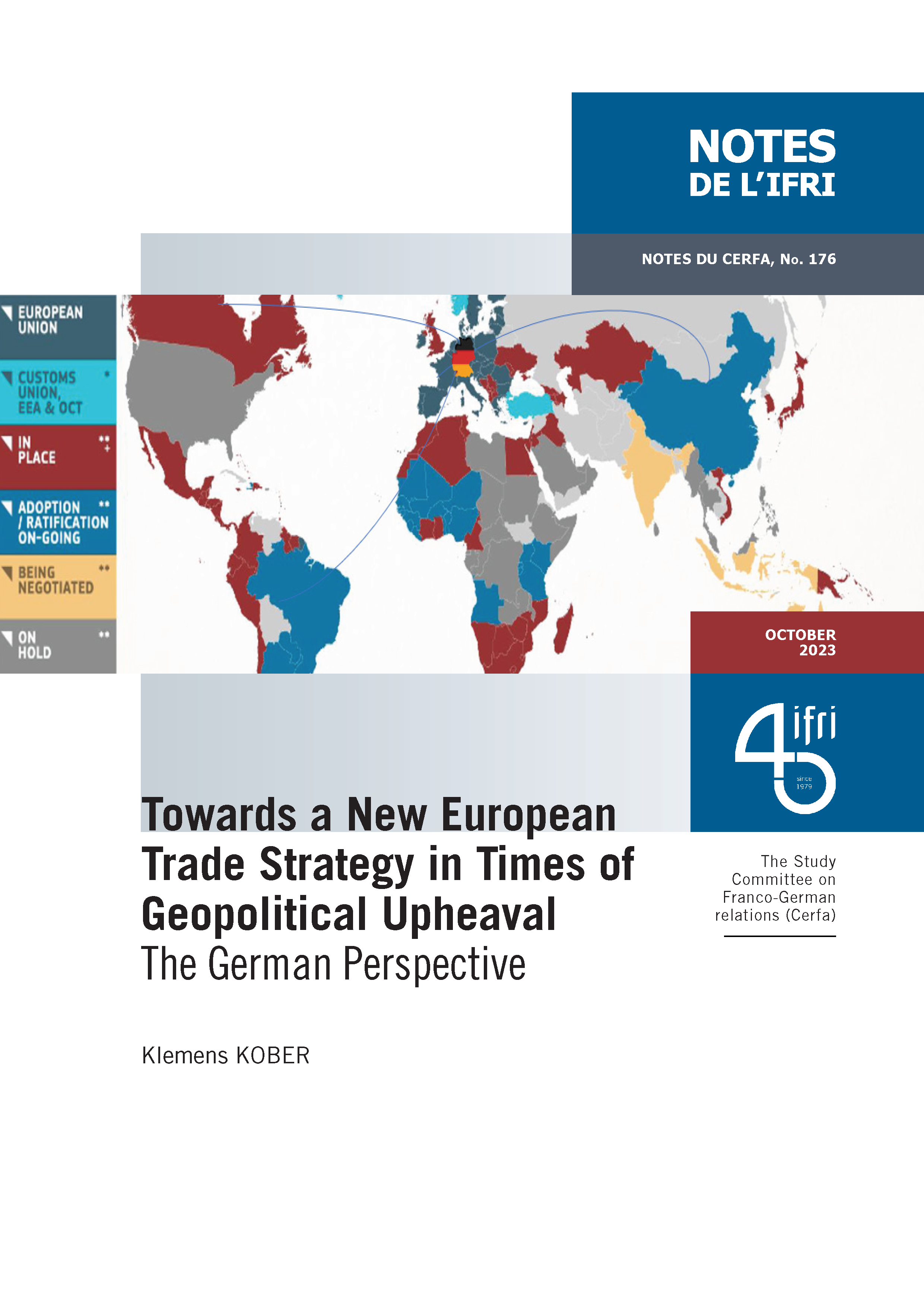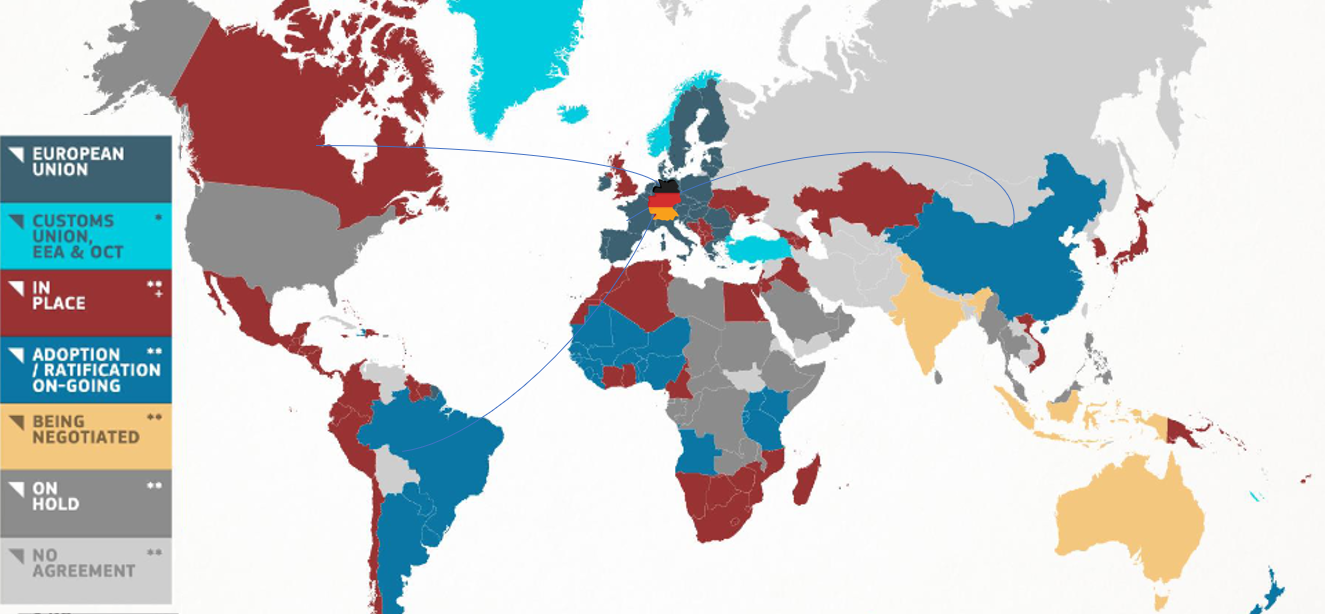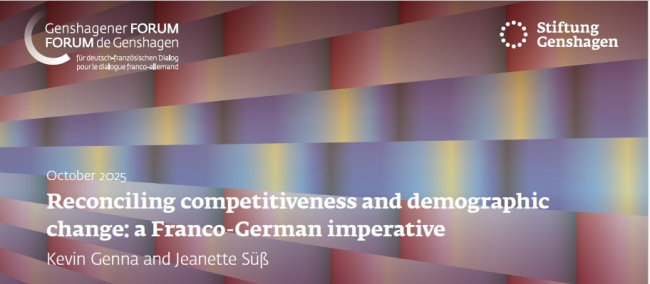Towards a New European Trade Strategy in Times of Geopolitical Upheaval: The German Perspective

As one of the most successful trading blocs, the EU sees itself confronted with the erosion of the global rules-based trading system and trade becoming increasingly weaponized.

The ongoing US-China decoupling and the Russian war in Ukraine recently reinforced the debate about European sovereignty and economic security with wide-ranging consequences for the EU’s economic model and its trade relations with third countries. Recalibrating the degree of the EU’s economic openness involves new approaches regarding multilateralism, bilateral trade agreements and autonomous trade instruments.
This paper looks at how Germany as an internationally highly interconnected country is directly impacted by all these developments and thus tries to both adapt its own position and help shape a new European trade strategy. This will be of high relevance for both the new European Commission and European Parliament after the upcoming European elections in 2024.
Klemens Kober is Director Trade Policy, EU Customs, Transatlantic Relations at the German Chamber of Commerce and Industry (DIHK) as well as EU-representative of the Association of the German Trade Fair Industry (AUMA).
The views expressed in this paper are those of the author only.
>> >> See also the publication by Marie Krpata and Ana Helena Palermo: available in French and German (pdf):

Available in:
Themes and regions
ISBN / ISSN
Share
Download the full analysis
This page contains only a summary of our work. If you would like to have access to all the information from our research on the subject, you can download the full version in PDF format.
Towards a New European Trade Strategy in Times of Geopolitical Upheaval: The German Perspective
Related centers and programs
Discover our other research centers and programsFind out more
Discover all our analysesMerz’ European Policy-making: The End of the ‘German Vote’?
Friedrich Merz’s European ambition is to turn Germany, long seen as hesitant into a leading actor within the European Union (EU). To that end, he has pledged to end the “German vote,” a phenomenon that epitomizes the paradox of a country both indispensable and frequently absent from European decision-making.

Securing critical raw material (CRM) value chains – a prerequisite for Europe’s technological resilience
At the heart of economic security, technological resilience is a backbone of the European Union’s (EU) competitiveness. The EU’s energy and digital transitions depend on critical raw materials (CRM).
Reconciling competitiveness and demographic change: a Franco-German imperative
France and Germany are facing parallel demographic shifts that could reshape the future of their economies and their social models. These shifts reflect broader European patterns but are magnified by the central role both nations play in EU governance and competitiveness.
Taking the Pulse: Does France's Political Crisis Weaken Europe's Geopolitical Hand?
While the EU tries to navigate a myriad international challenges, France is experiencing historic political disarray. What impact will instability in Paris have on Europe's geostrategic capacity?









